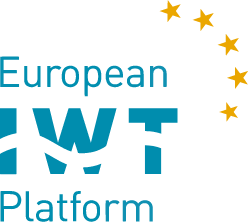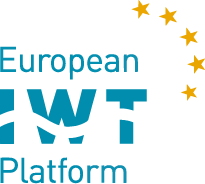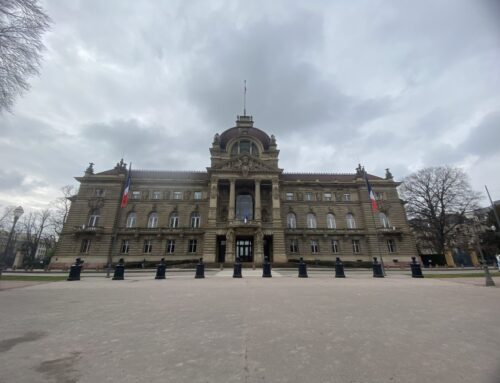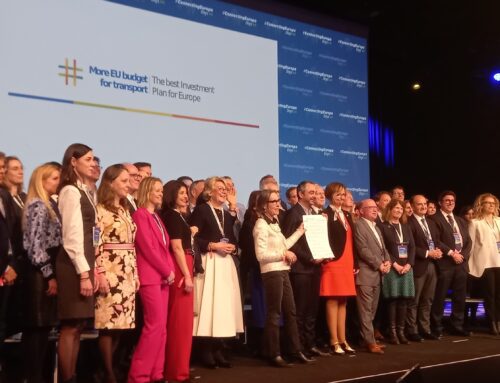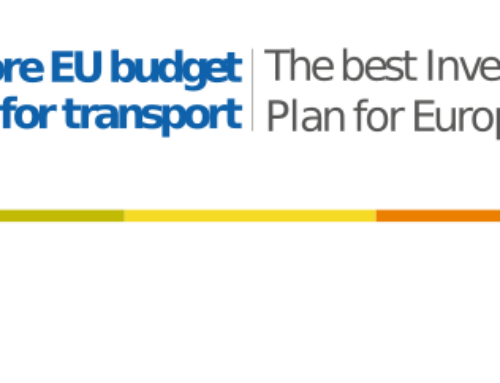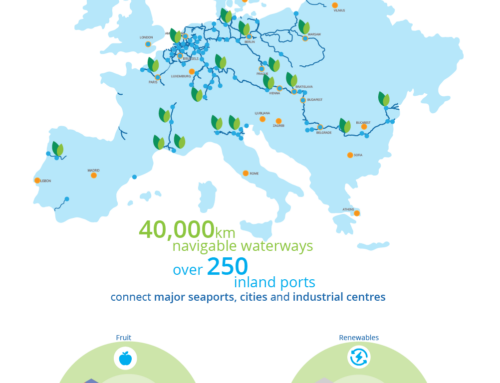The European Inland Waterway Transport Platform and INE (http://www.inlandnavigation.eu/home/) organised an Information Sharing Workshop on ongoing digital developments important for inland waterways and multimodality.
The workshop focused on two aspects: paperless transport and corridor information services.
The European Commission (Luca Farkas, DG MOVE D3) introduced the workshop and the work in the framework of DINA (Digital Inland Navigation).
Paperless transport:
- The European Commission (Lia Potec, DG MOVE D1) and Dominique Willems (CLECAT) presented the EU eFTI regulation and the work of the experts in the DTLF (Digital Transport and Logistics Forum) which aim to provide advice to the European Commission in developing the implementation specifications for the eFTI Regulation. These specifications will be adopted by Delegated and Implementing Acts that need to be published at the latest 30 months after the adoption of this eFTI regulation. Inland navigation experts that are member of the DTLF thus have the opportunity to actively participate in this work, which will continue through 2020 and beyond. The DTLF work will provide input to the work of the Member States’ experts on these delegated and implementing acts starting as of 2020Q3.
Presentations by the Commission and CLECAT - The EU eFTI regulation mandates Member States to accept information which relates to requirements in several EU pieces of legislation applicable to inland waterway transport, including to the inland transport of dangerous goods in an electronic format. Christian Lüpges, on behalf of German BMVI, presented their TP1/TP2 architecture as a basis for a European approach for inland navigation.
Presentation by Albrecht Consult on behalf of BMVI
Corridor information services
- The European Commission (Astrid Schlewing, DG MOVE D1) presented the work of the DTLF, and in particular the 4 building blocks of a European federated architecture that is currently being defined by the DTLF in close cooperation with the two CEF funded consortia (FEDeRATED and FENIX).
Presentation by the Commission - IATA (Arnaud Lambert) introduced the OneRecord project, also part of the FEDeRATED consortium, presenting an API that will enable any logistics party in the end-to-end supply chain to share the data and update this within their internal systems with trusted parties.
Presentation by IATA - The EU CEF funded RISCOMEX project has demonstrated a European information platform that integrates fairway and traffic information enabling route and voyage planning. Presentation by viadonau and De Vlaamse Waterweg.
- The RISCOMEX project has been extended until the end of 2021 to enable the Danube countries between AT and RO plus CZ to implement a “Common ERI System”, which has been confirmed as an important step towards a European Single Window for Inland Navigation.
- The Flemish Waterway Administration presented its SWING project as another input to a Single Window for Inland Navigation integrating inland navigation with the logistics supply chain.
Presentation by De Vlaamse Waterweg - IPSCA, the International Port Community Systems Association (Richard Morton) explained how a “Network of Trusted Networks” can create a seamless integration of port community systems, providing identity management and a library of simple standardized API, Application Programming Interfaces.
Presentation by IPSCA - The Federation of Inland Ports (Turi Fiorito) presented the RPIS project aiming to integrate the Upper Rhein port community systems.
Presentation by EFIP
Participants confirmed it is important that data integration standards, coordinated for inland navigation by CESNI-TI, must be aligned with global standards such as the UNCEFACT Multi Modal Transport Reference Model (MMT) and the IFTDGN (Dangerous Goods Notification) message which is an important part of IMOFAL and the EU Maritime Single Window data sets.
Presenters agreed to share additional information between participants about the CEF Building Blocks.
Possible next steps will be taken together with the participants.
